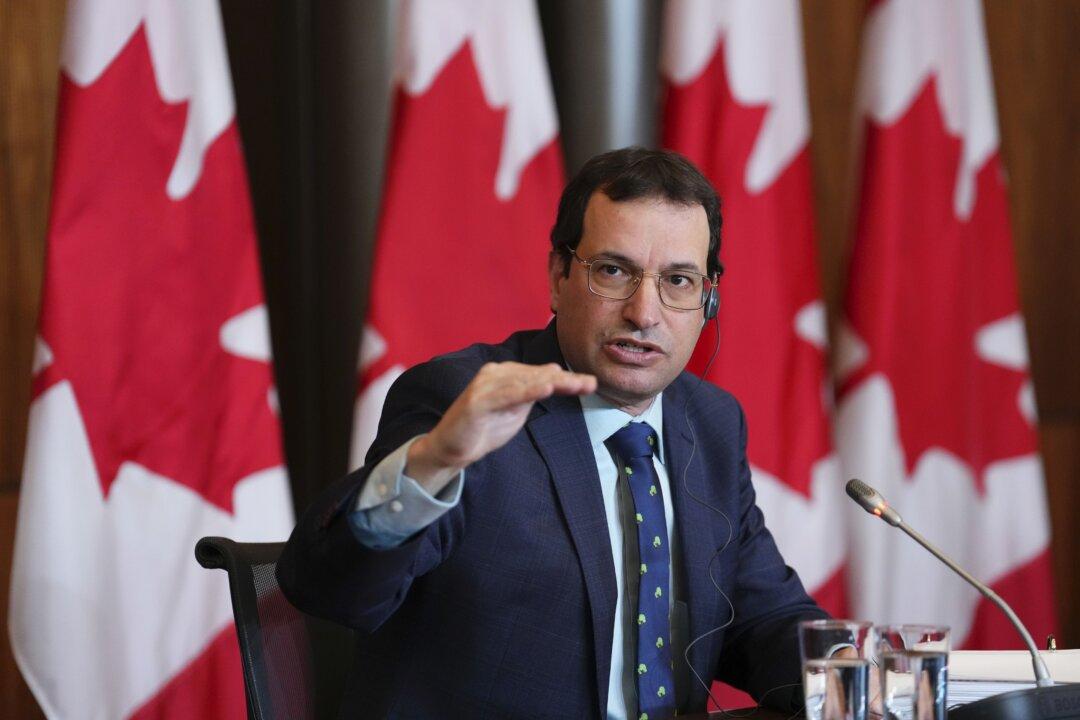The federal government’s promise to plant 2 billion trees by 2030 is unlikely to succeed, says Environment Commissioner Jerry DeMarco, noting that the initiative is less than 3 percent complete after its first two years in action.
DeMarco’s office tabled several reports on April 20 addressing a range of environmental issues, one of which was the “2 Billion Trees Commitment“ (2BT) introduced in 2021 to give ”financial support to organizations to plant trees over 10 years.”





